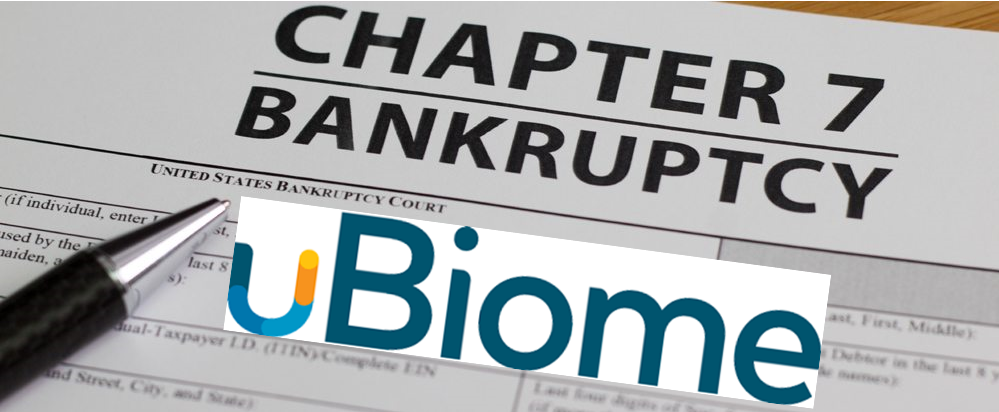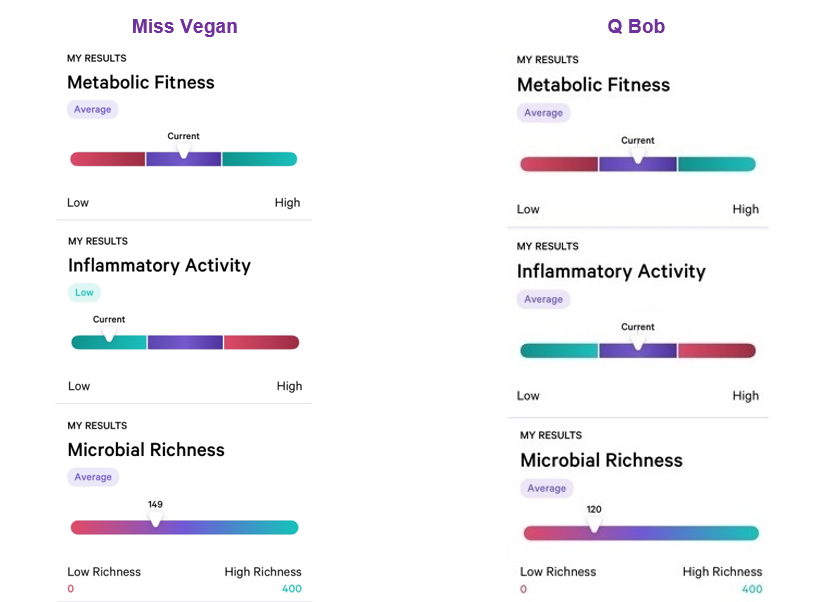
When science discovers new links between our health, the bacteria in our gut, what we eat, our brain functions, and our moods, people pay attention. Microbiome research has uncovered those gut-brain-axis links after the National Institutes of Health launched a five-year, $150 million research effort, which in turn gave rise to several microbiome testing and research startups who received hundreds of millions in financing, among them Finch Therapeutics, Kallyope, Second Genome, which research specific diseases, and startups such as uBiome, Viome, Thryve, DayTwo selling direct-to-consumer testing kits for disease prevention. There is also a public, not-for-profit project called American Gut, which has the lowest price for sequencing people’s microbiome at $99 but is limited in its results. Microbiome testing, like all types of genome sequencing or genomics tests, sequences the DNA (or RNA) of living organisms, bacteria and other microbes in this case.
One of these companies, uBiome, will no longer be included in that list. uBiome raised $83 million in venture capital, and was worth a whopping $600 million at the start of 2019, making the deep dive they took recently to nothing more than a liquidation valuation even more dramatic. After a series of unfortunate events of their own making, uBiome got busted for bad accounting practices, and most recently, for faulty science. It has now filed for Chapter 7 with plans to shut down. As reported by FierceBiotech, CVS stores turned down stocking their shelves with uBiome’s at-home, Explorer microbiome consumer test, after the shocking news were revealed. Two weeks ago, Business Insider reported that uBiome lost their laboratory certifications, forcing them to stop their clinical tests activities. Perhaps worse than the accounting practices are the news that the Explorer test had been tainted by using a reference sequence database that included samples from minors, infants and at least one animal and that was populated by fecal samples volunteered by employees and participants from an online fundraiser.
Read more

